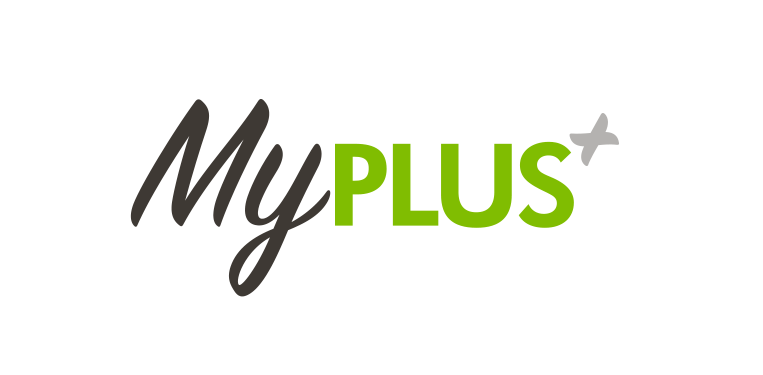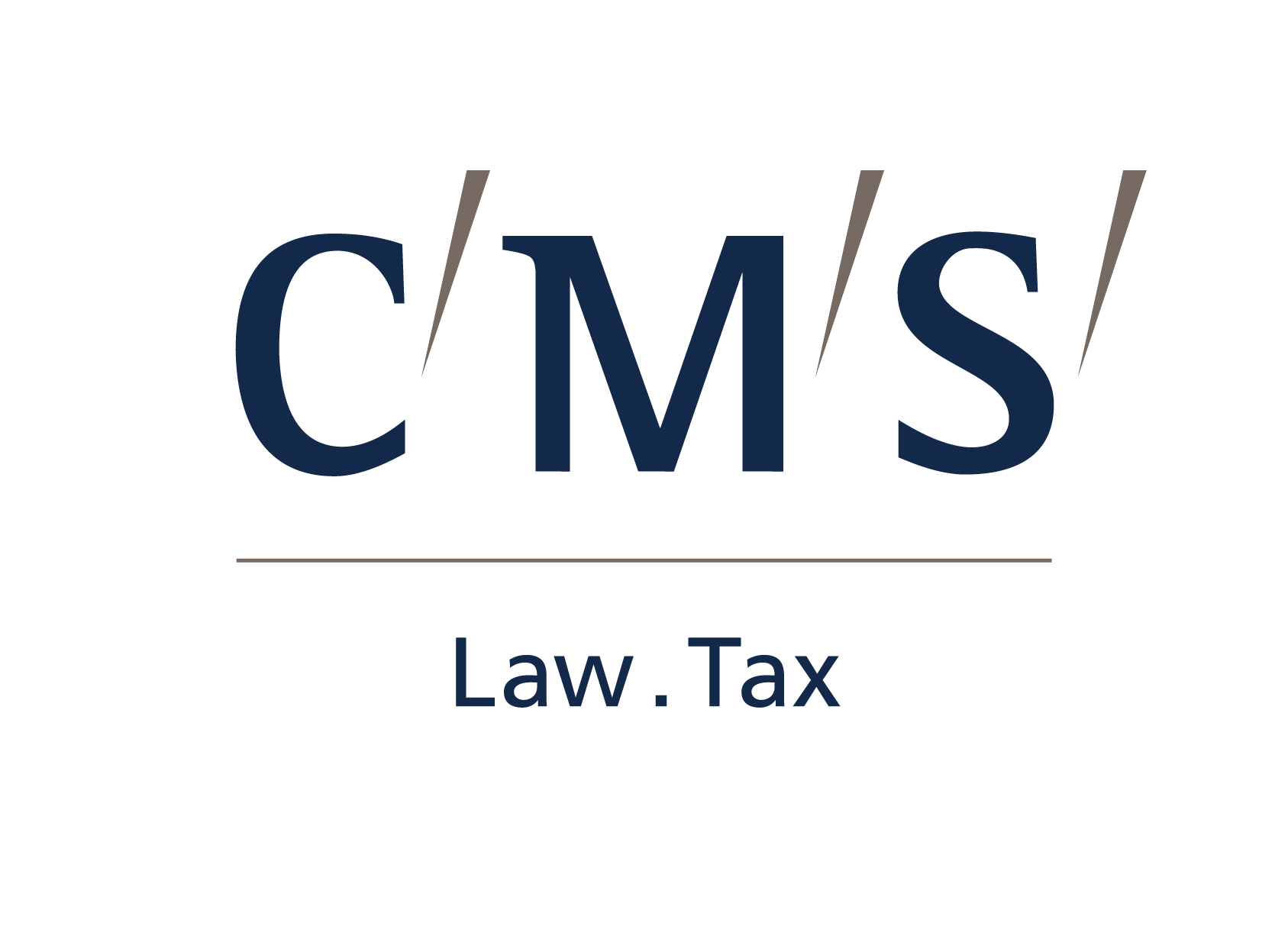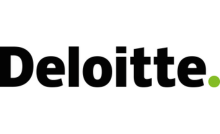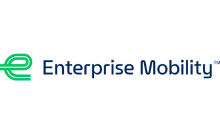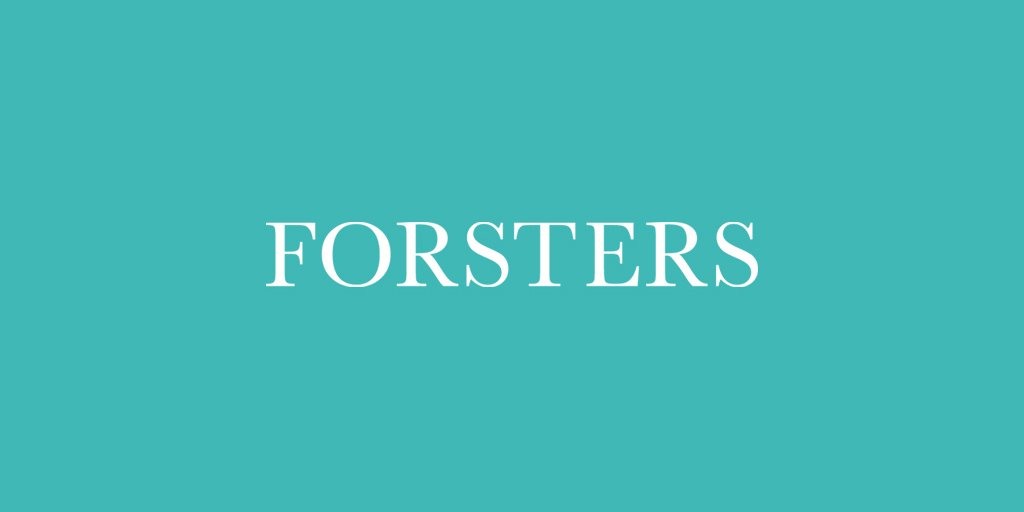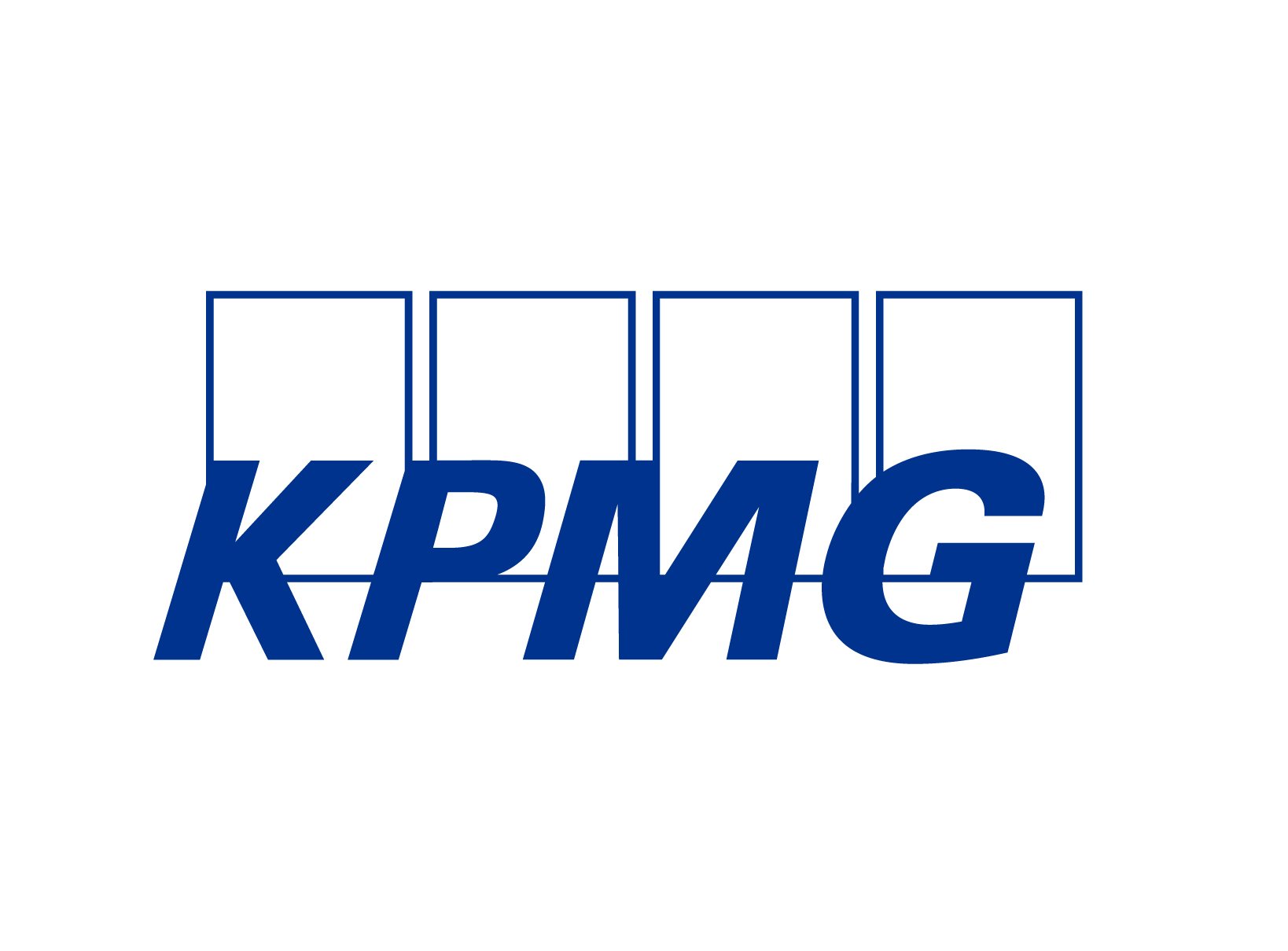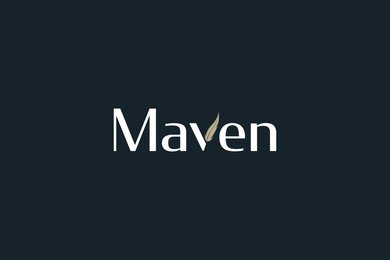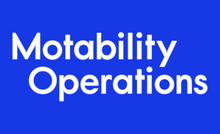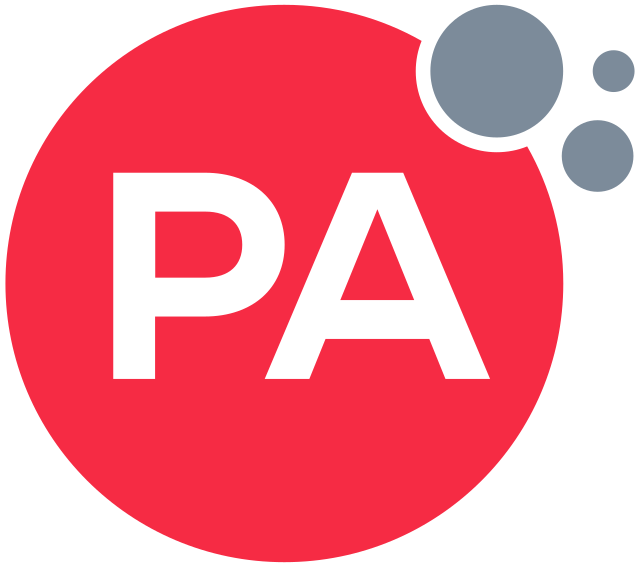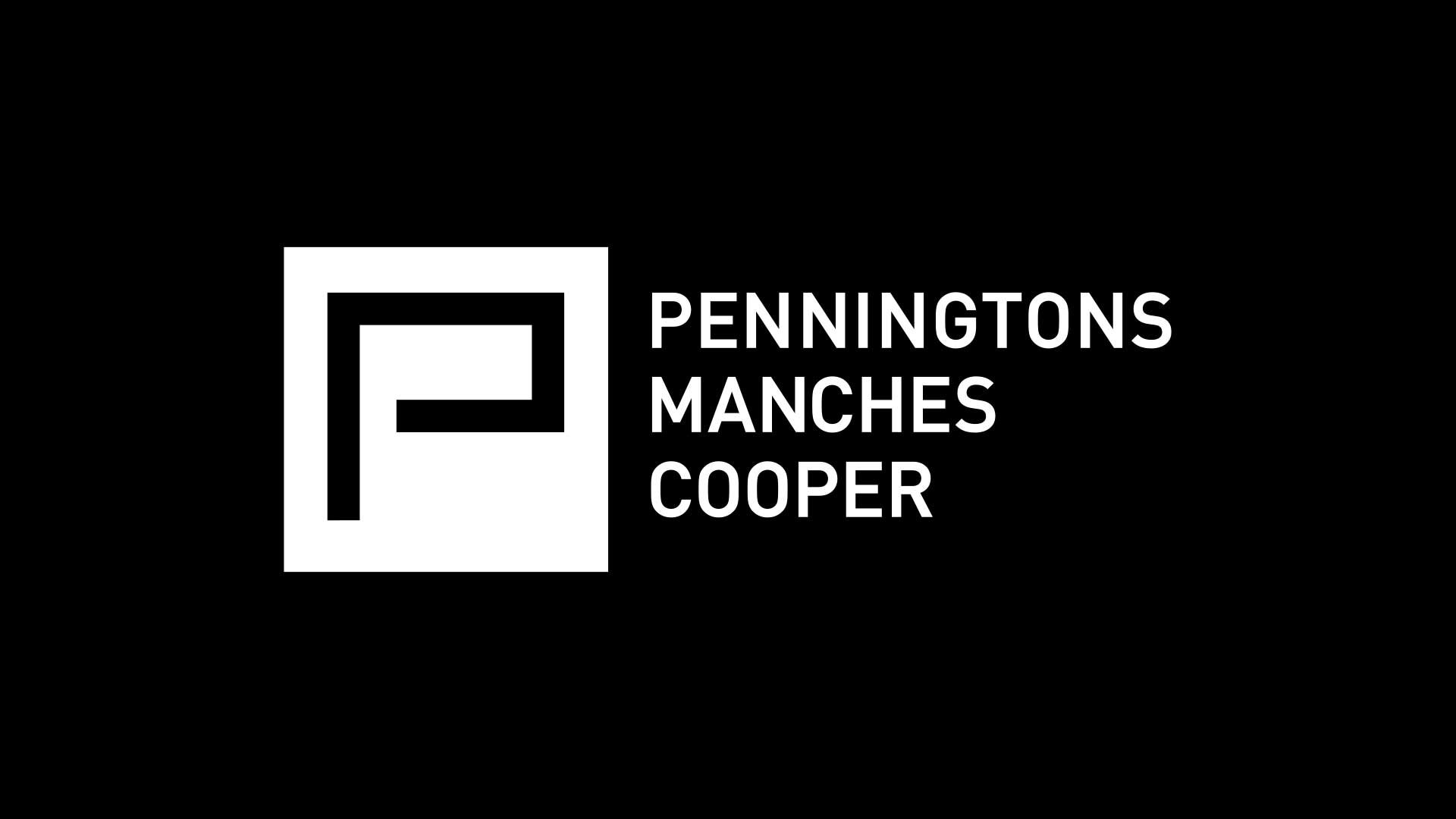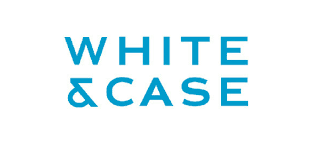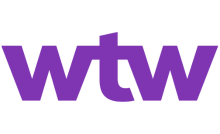Author - Helen Cooke, CEO, MyPlus
For many of us this period of social distancing is freeing up time since we are not having to commute, travel or be in back to back meetings. For those of us working in student recruitment, this additional time can be used to re-visit what you do in the disability space, understand whether your actions are working, and whether or not you are making any progress in this challenging area.
The following are 5 areas to focus on:
1. Taking stock
In our busy working lives where we rush from one task to another, we rarely take time to stop and take stock of where we are, what we are achieving and whether our actions are making the positive difference we want them to.
This is an opportunity to consider what progress you have made when it comes to engaging with, and recruiting, students with disability. Is it where you want to be? And if not, what needs to change to ensure that you are successful.
2. (Re) state your goals
Having taken stock of where you are in progressing your disability agenda, you can then work out where you want to be; what are your objectives? What are your goals?
14% of students in UK Universities have a disability; is this reflected in the number of applications you receive from students with disabilities and is it reflected in the offers that you make and are accepted? In addition to objectives for applications and offers, objectives should also be set for your processes including taking account of mitigating circumstances and putting support in place. And for your mindset; are your team disability confident? What about your hiring managers? And what does disability confidence look like to you?
3. Business as usual
As you take stock of where you are in terms of making real, sustainable progress with your disability agenda, it is also an opportunity to ask: is what we are doing ‘business as usual’? If it’s not, then it is no surprise that you aren’t making the progress you wish to make.
For as long as recruiting individuals with a disability is viewed as ‘something extra’, ‘an initiative’ or ‘one more thing we have to do’, it won’t be sustainable. With a growing number of students developing disabilities, if you are serious about leveraging this talent pool it has to become the norm.
4. Agree your action plan
Now you know where you want to be, and that you want it to become business as usual, the next step is to put in place you action plan. This will detail what actions you are going to take to achieve your stated goals and will also include the resources required, timelines, accountability and measures.
Resources are crucial. I am still being told ‘we don’t have any budget for this’; it’s not good enough. 1 in 7 of your talent pool has a disability; if you are serious about recruiting the best people you need to find the budget to make it happen.
5. JDI: Just do it
So now you know: where you are now, where you want to be, and you have a plan to get there, all you have to do now is get on with it!
Make it business as usual and you will be amazed and thrilled at the talented individuals that you are able to connect with and bring into your organisation.
